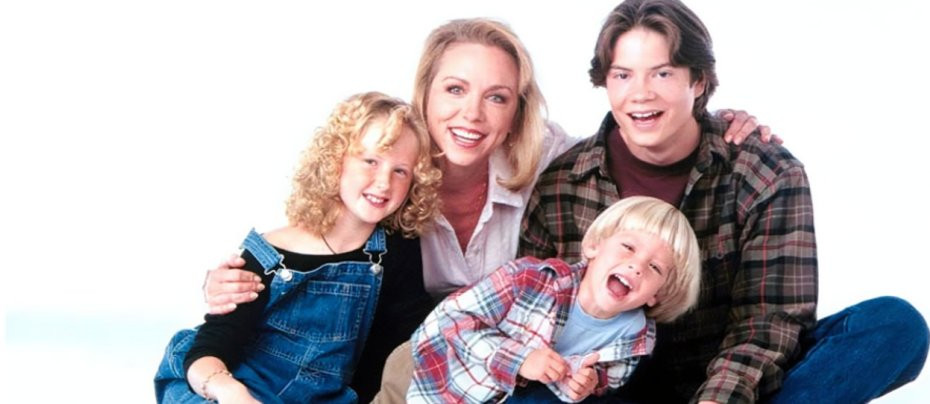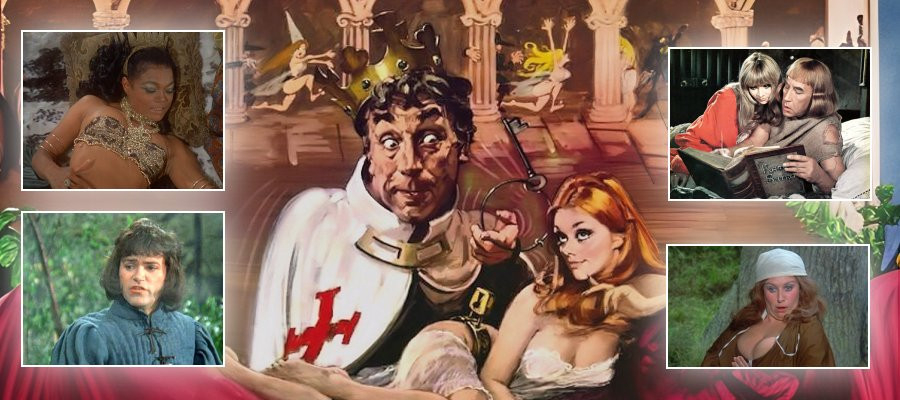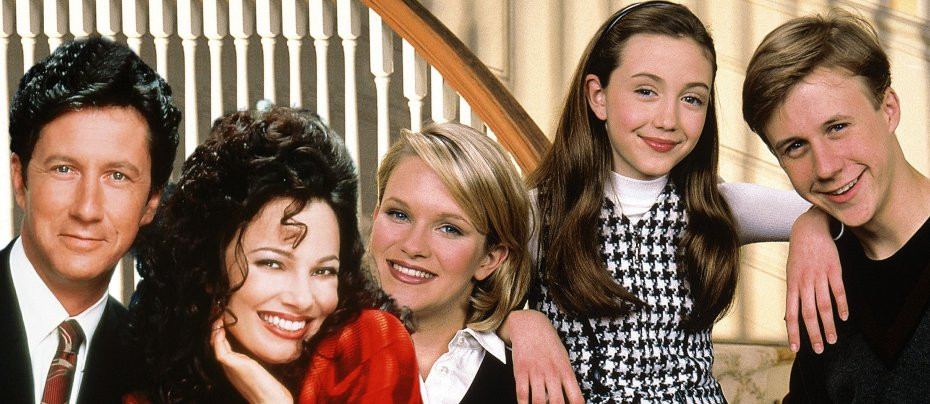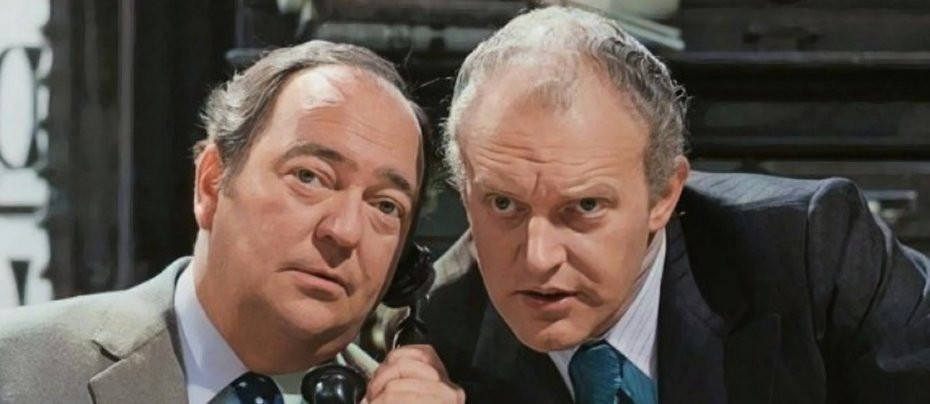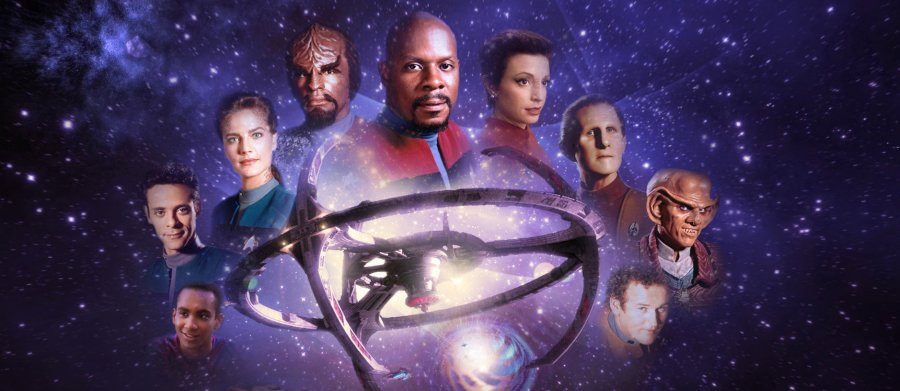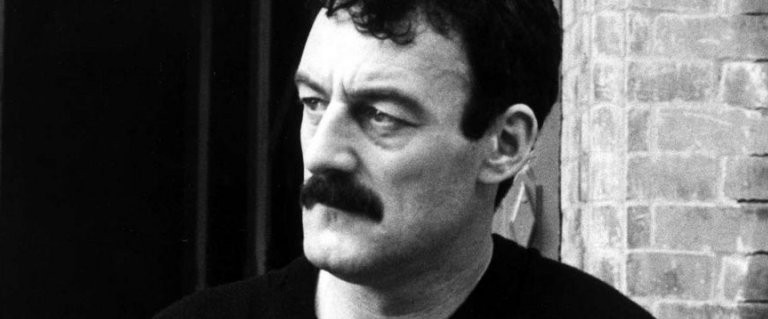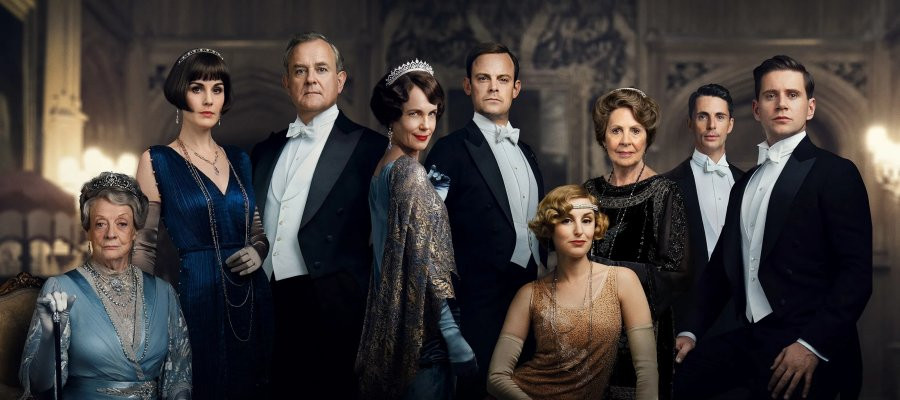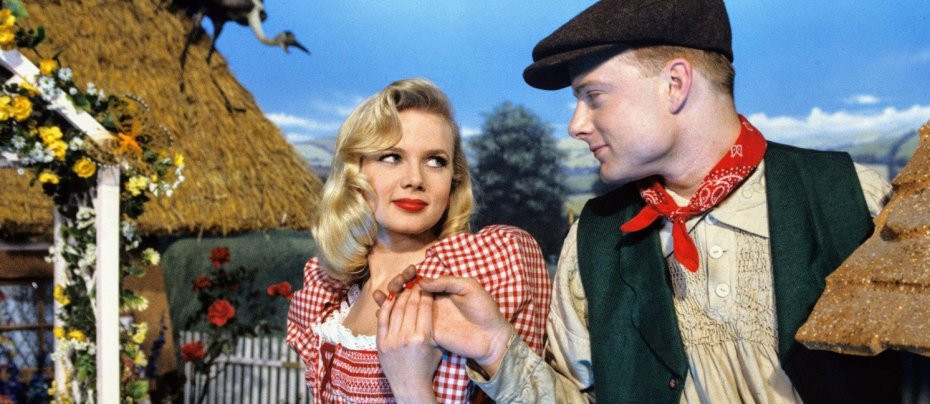
Lipstick on Your Collar
1993 - United KingdomA Nostalgic Dive into 1950s Britain
Lipstick on Your Collar is a 1993 television series created by Dennis Potter, renowned for his unique narrative style and innovative use of music. Set during the Suez Crisis of 1956, a time when the promise of post-war prosperity was tempered by the realities of social and political upheaval in Britain, this six-part miniseries offers a vibrant and whimsical portrayal of the country, blending surreal musical interludes with sharp social commentary.
The series follows the mundane lives of a group of military intelligence clerks stationed in Whitehall, contrasting their tedious office routine with the fantastical musical daydreams of Mick Hopper (Ewan McGregor). Mixing drama with elaborate lip-sync musical numbers was a device used by Potter in his previous series for television, Pennies from Heaven and The Singing Detective, to add a surreal layer to the narrative. These musical interludes serve as windows into the characters' inner lives, revealing their hopes, desires, and frustrations in a way that dialogue alone cannot.
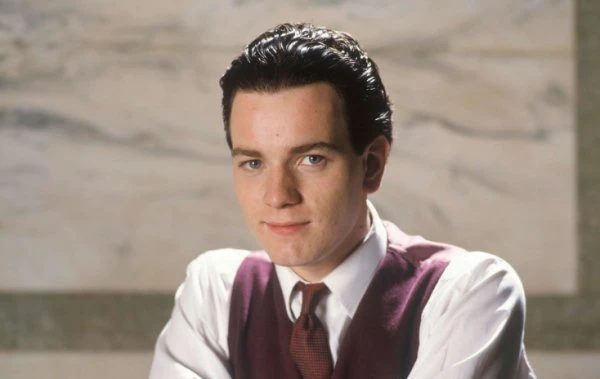
Much of the story revolves around the awkwardly shy clerk Private Francis Francis (Giles Thomas), a bumbling Welsh scholar whose pursuit of academia has been halted by his call-up to National Service. Sylvia Berry (Louise Germaine), who is stuck in an abusive marriage with Corporal Pete Berry (Douglas Henshall - Shetland), becomes the object of Francis' desire, as well as the desire of Harold Atterbow (Roy Hudd), an aging theatre organist. The narrative takes a turn with the entrance of a well-read young woman, the niece of an American officer working abroad, who ultimately helps the mismatched soldiers find compatible companions.
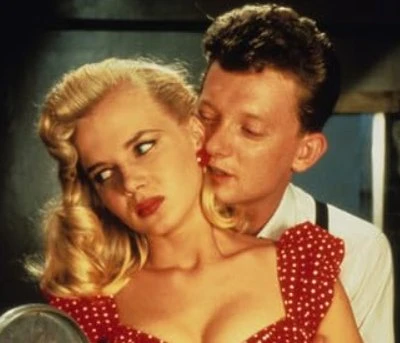
Ewan McGregor's portrayal of the naive and daydream-prone Private Francis is a standout. His charm and boyish innocence provide a stark contrast to the more cynical and world-weary characters around him. McGregor's performance is particularly notable for its subtlety, balancing the fantastical elements with a grounded, relatable sincerity. Giles Thomas delivers an equally compelling performance. His dynamic with McGregor's character provides a rich vein of both humour and pathos, and Clive Francis as the domineering Major Hedges brings depth and shade to the series, making each character truly memorable. The cast also included Peter Jeffrey (Crown Court), Bernard Hill (Boys from the Blackstuff), Shane Rimmer (Thunderbirds) and Jim Carter (Downton Abbey). McGregor, Germaine and Thomas were each making their television debuts.
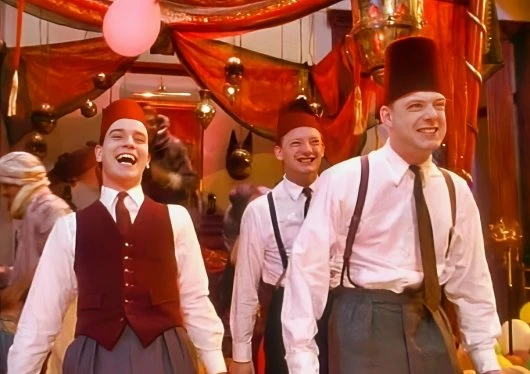
The choice of songs is impeccable, ranging from rock 'n' roll hits like Be-Bop-A-Lula and Blue Suede Shoes to crooning ballads such as The Great Pretender and Your Cheatin' Heart, recalling the hits of artistes such as Fats Domino, Elvis Presley and Buddy Holly, each carefully selected to enhance the emotional impact of the scenes. The musical sequences are choreographed with a whimsical flair, transforming mundane office settings into vibrant, dreamlike stages.
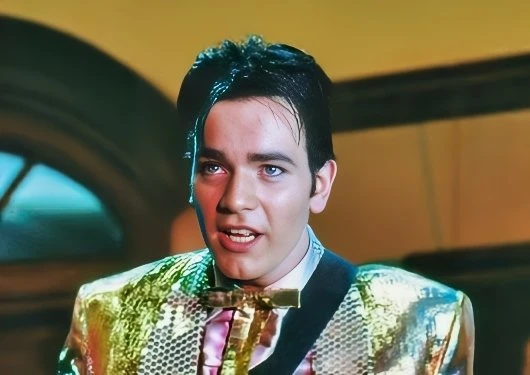
Symbolizing the decline of British imperial power and the onset of a new, uncertain era, the series captures the tension between the conservative values of the older generation and the rebellious spirit of the youth, who are increasingly influenced by American culture and rock 'n' roll music. The six episodes contain newsreel footage of Diana Dors, the prototype for the bombshell character Sylvia in the story, Liberace, and Prince Rainier of Monaco and movie star Grace Kelly's royal wedding.
The production design of Lipstick on Your Collar is meticulous, capturing the look and feel of 1950s Britain with authenticity and attention to detail. The costumes, sets, and props all contribute to the period atmosphere, immersing viewers in the world of the series. The cinematography complements the narrative's blend of reality and fantasy, using vibrant colours and dynamic camera work to enhance the musical sequences.
Lipstick on Your Collar was the last of Dennis Potter's works to be produced in his lifetime and is a fitting testament to his brilliance as a storyteller and his ability to fuse music with drama in a way that is both entertaining and thought-provoking.
Seen this show? How do you rate it?
Seen this show? How do you rate it?
Published on June 2nd, 2024. Written by Laurence Marcus for Television Heaven.


